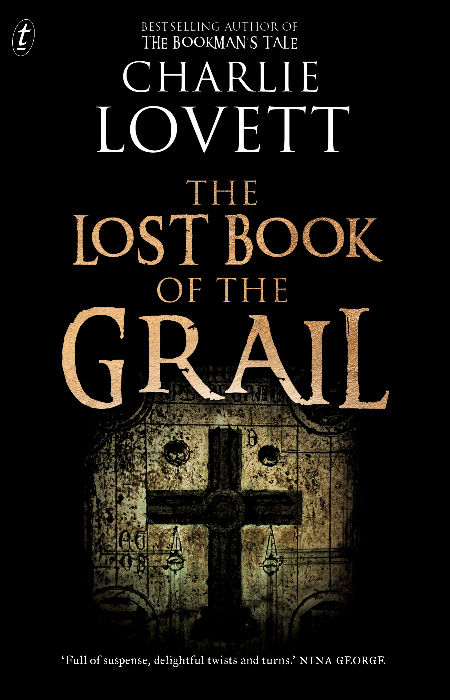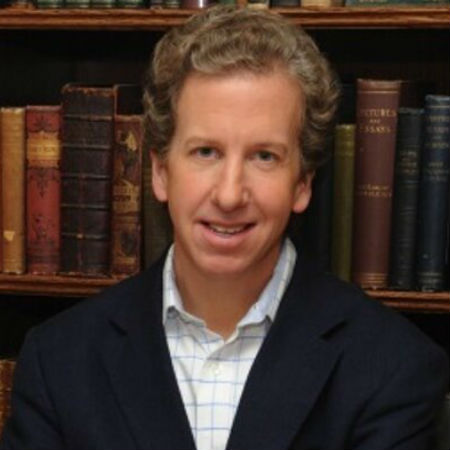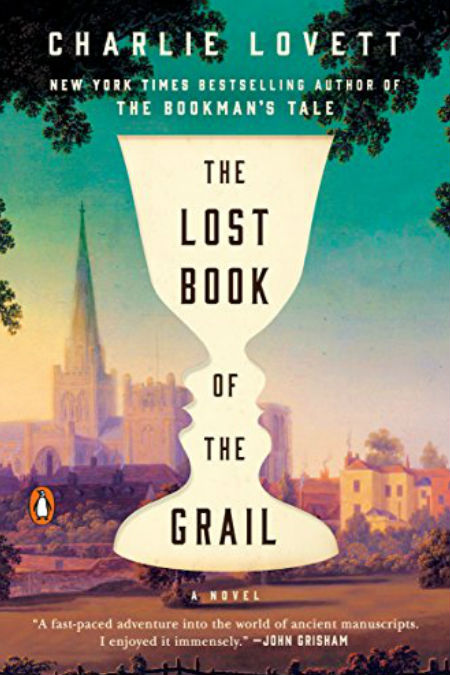
We all love a good treasure hunt.
Even more so when it involves lost and fabled treasures from the distant past which thanks to ever more expansively-hyperbolic storytelling have taken on an aura so captivating that the very idea of them gets our collective pulse racing with only the barest utterance of its name.
The Holy Grail, or Sancgreall, is one of these iconic treasures and you could well argue the granddaddy of them all, a fabled item that has long surpassed any kind of need to be real, fueling in the process stories aplenty including a particularly memorable instalment in the Indiana Jones franchise and now The Lost Book of the Grail by Charlie Lovett.
As the premise for a rip-roaring tale, it is unsurpassed and it’s clear from Lovett’s recounting of the main protagonist and his friends’ search for Christ’s humble-looking but supernaturally-powerful cup that he has long had an interest in the mythos surrounding the item.
Every chapter is packed to large and small degrees with all kinds of historical research, some manifestly real, others bearing a similarity to real events – the town in which the novel takes place, Barchester, is fictional but many of the events listed as having taken place there during over 1000 years of British Christian history mirror those that took place in towns and cities, and their attendant cathedrals, during that period, with many of the items including manuscripts including beautiful medieval having real-life counterparts.
“Yes, Arthur would have been happier in an earlier generation. It was a cruel trick of fate that had landed him in a century when universities had “core modules” and taught courses on “anagnorisis” to students who couldn’t be bothered to read books they hadn’t already read in childhood. The irony was, thought Arthur as he squeezed into his cubicle of an office, that he liked the Harry Potter books. He had read them last summer. But he didn’t think they belonged in a university curriculum.” (P. 8)
The Lost Book of the Grail then is steeped in the intersection of history and myth, of imagined and real events that saw humanity both at its creative best and violent worst, of the back-and-forth of belief under competing schools of religiously-devoted kings and queens who saw different paths to God and were not afraid to use the sword to ensure their subjects, friends and enemies made it onto the path du jour.
This fearsomely-enforced direction from on-high which saw the Catholics and Protestants going back and forth for control of the country, and thus the cathedrals and monasteries, is played out in the fictional history of Barchester, with the first half of most chapters – the second half details the modern-day detective hunt for the Grail itself – given over to illuminating that history.
As historical lessons go, those in The Lost Book of the Grail are exemplary, taking you on a magnificent journey A.D. 560 in the aftermath of the death and sainthood of St. Ewolda and the creation of a manuscript that celebrated her life and piety that comes to be key to the action that takes places in the relative here-and-now (2016) through to the nineteenth-century when Bishop Gladwyn of Barchester Cathedral is building or rather rebuilding the great library that is pivotal to the book’s narrative, and to the protagonist, Arthur Prescott himself.

Arthur, a man at the start of his forties, is an introvert, an academic at the local university upon which he looks down as inferior to the fabled centres of tertiary learning Oxford and Cambridge, who loves living in his small cottage in Barchester, a town in which he grew up, but who is less enamoured with the people around him.
He has friends, of course – Dean Gwyneth Bowen, with whom he goes on long morning walks where they vigorously debate all kinds of “truths” and his literary club friends Oscar Dimsdale and David Denning who meet every Wednesday evening as the Barchester Bibliophiles, but books and the search for the Sancgreall, imbued in him by his believer grandfather, consume and dominate his life, making his existence a very insular one indeed.
All of this is upset, much in the way of “meet cutes” so beloved of romantic comedies, when American manuscript digitiser Bethany Davis, arrives to scan the vast treasure trove of manuscripts in Barchester’s considerable, but rarely-visited, usually only by Arthur who values its unintentionally-exclusionary peace and quiet, library.
Theirs is as great a clash as the most classic of rom-coms could hope for, one ameliorated somewhat when it emerges that Bethany shares Arthur’s ardour for the Holy Grail and the search for its final resting place, a commonality which goes a long-ish way to papering over the analogue vs digital, introvert vs. extrovert chasms that bridge their faltering friendship which you know deep in your reader’s heart is going to become a swoon-worthy romantic meeting of the minds and heart before the book is over.
“Two hours later, Arthur, sweaty and dusty, collapsed back into a pew. ‘I think we can say with as much authority as anyone alive that there is no hidden manuscript in this church,’ he said. They had crawled on the floor peering under pews; looked under, behind, and within the few furnishings; tapped on walls searching for secret compartments; and scoured every cabinet in the tiny sacristy; where they found nothing but a few candle stubs and some old hymnbooks. They had even looked inside the Easter sepulchre in the side of the altar. It would have been a perfect place to hide in a book. But the sepulchre was empty.” (P. 166)
In many ways The Lost Book of the Grail telegraphs much of its narrative ahead of time, save for a rather fun and dramatically-pleasing ending, and at times, it is held captive to the pouring out of facts and historical anecdotes essential to the novel’s storytelling DNA.
Lovett is more often than not as stodgy is his narrative unfurling as Arthur is with just about every area of his life, his words dedicated to explaining more than exploring the lives of his characters.
Even so, The Lost Book of the Grail is a charming, involving and engaging read, a book which devotes itself to lofty and grand ideas and the way people often misuse or misperceive them, with the gathering race to the finish line often less about what might be discovered, usually the full focus of any of these stories, and more about the discoverers themselves, which is not such a bad thing.
It does make for a bit of a stop-start mystery, one that will no doubt be souped up to a frenetic speed if the book ever becomes a movie – the potential is there though I fear at the expense of much of the wondrous detail and recreation of historical characters that fills its pages – but it’s hard to break away with the beguiling mix of history and today, of belief and secular interest, myth and reality making for the kind of tale that will sweep you up in its “what if?” musings and only deposit with the kind of consummately-satisfying endings for which mysteries such as this are made.
